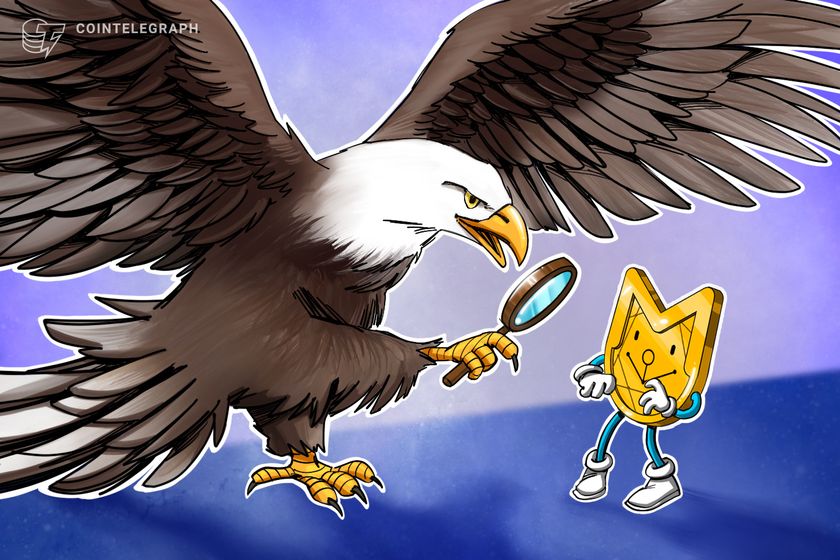
U.S. Congressman calls for ‘Broad, bipartisan consensus’ on important issues of digital asset policy

Representative McHenry is convinced that Congress should take crypto regulation away from executive agencies and courts.
In a letter to the leadership of the United States House Financial Services Committee, ranking member Patrick McHenry took a jab at “inconsistent treatment and jurisdictional uncertainty” inherent in U.S. crypto regulation and called for the committee to take on its critical issues.
McHenry, a Republican representing North Carolina, opened by mentioning that the committee’s Democratic chairwoman Maxine Waters is looking to schedule additional hearings addressing matters pertinent to the digital asset industry. He further stressed the need for identifying and prioritizing the key issues and achieving a “broad, bipartisan consensus” on the matters affecting the industry that holds immense promise for the financial system and broader economy.
Citing the confusion that the industry faces due to the Commodity Futures Trading Commission (CFTC) and the Securities and Exchange Commission’s (SEC) competing claims for jurisdiction over digital assets, McHenry noted that neither of their positions is grounded in statute. Congress, he maintained, should not hand digital asset regulation over to regulatory agencies or courts, but rather step in to categorize the new asset class and lay down the rules governing it.
Furthermore, Congressman McHenry suggested that the Financial Services Committee take a close look at the stablecoin report drafted by the President’s Working Group on Financial Markets (PWG) and examine the Federal Reserve’s position and future steps with regard to a U.S. central bank digital currency (CBDC).
In December last year, the U.S. House Financial Services Committee hosted a crypto-focused hearing that featured a strong lineup of industry executives and was widely lauded as a massively productive exchange between policymakers and digital asset stakeholders.
Go to Source
Author: Kirill Bryanov









